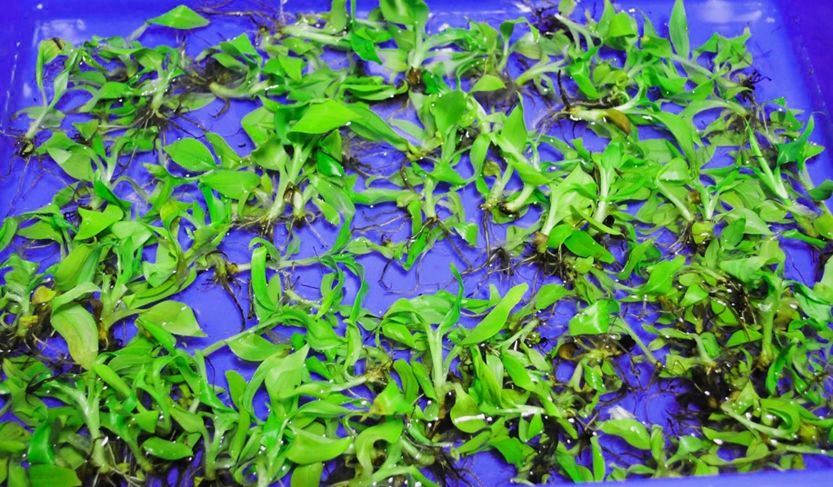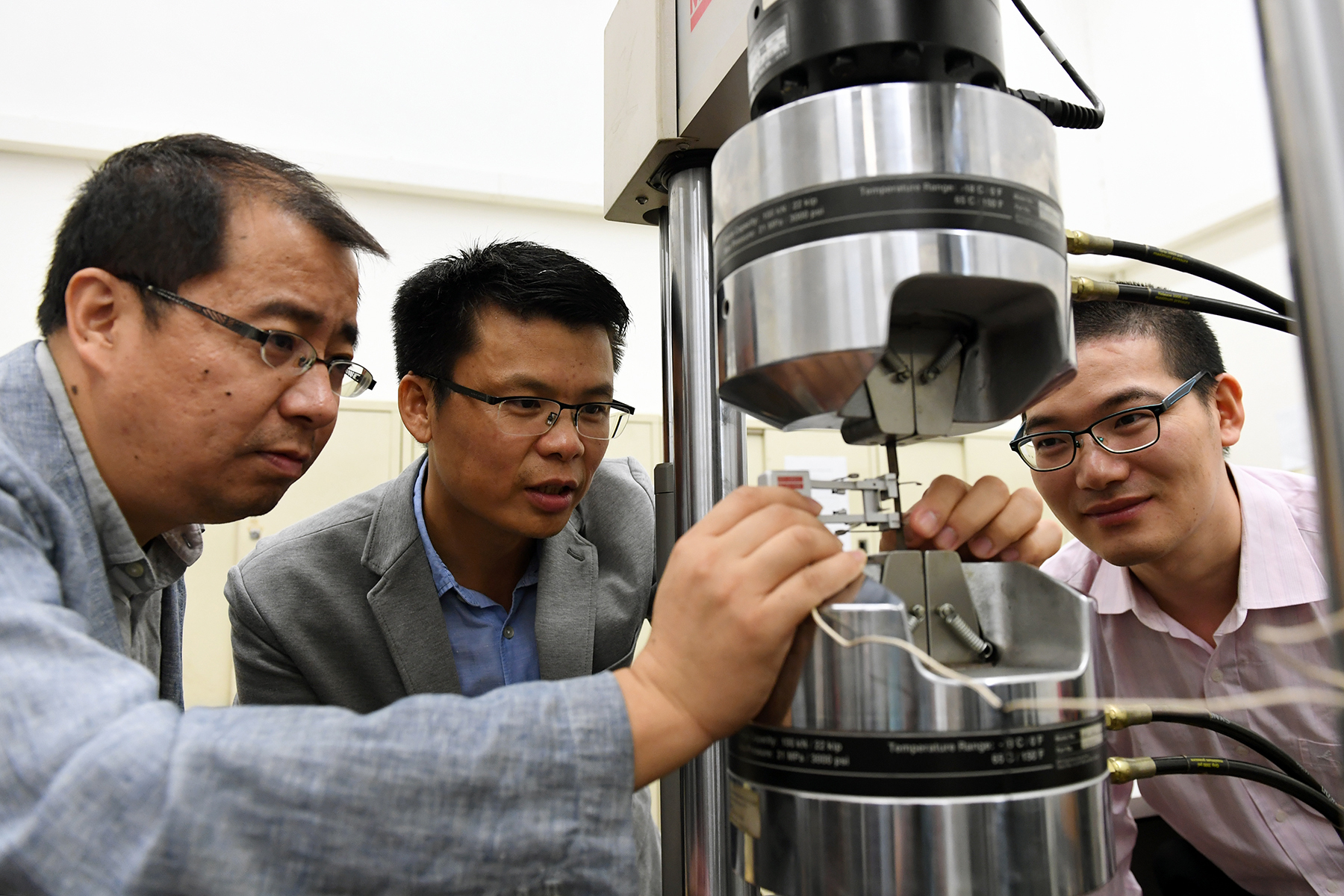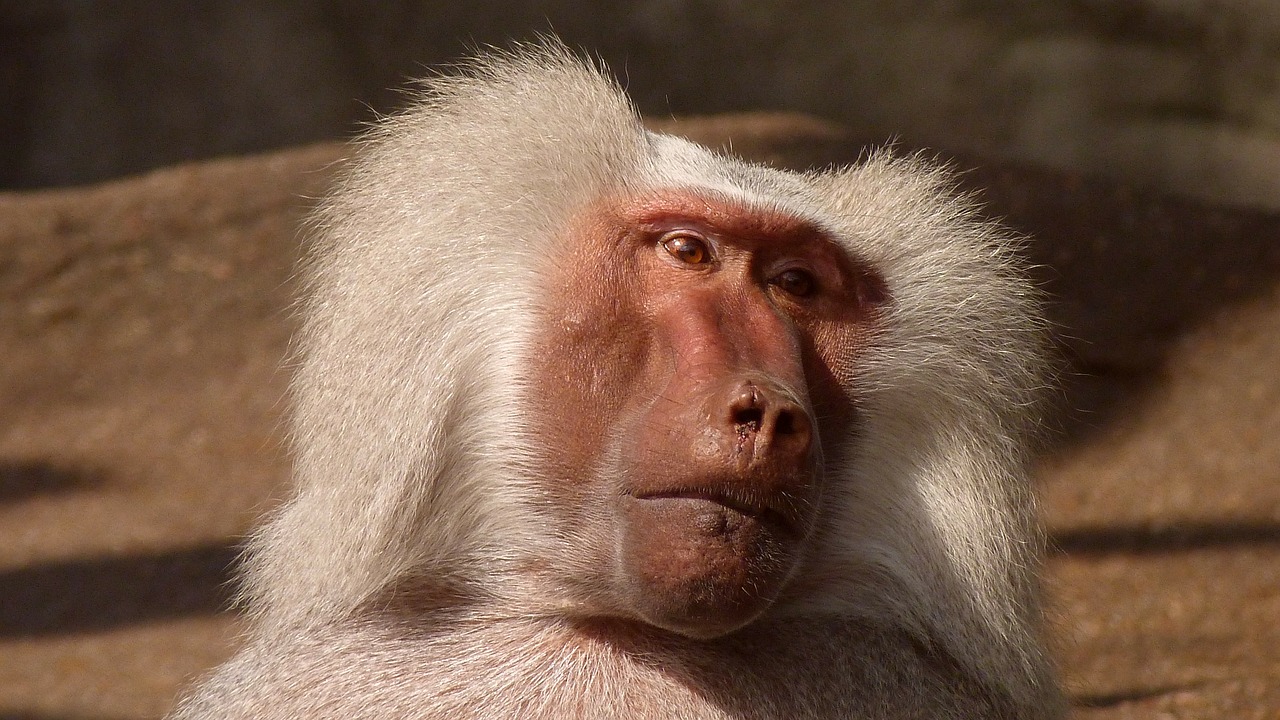
Research Stash Weekly Round Up #10
- Weekly Review
- 1.3K
The first genetically engineered humans might not have their DNA tweaked at all

Hacking the human body is all the rage these days. A few years back, scientists made waves by developing a technique (dubbed CRISPR) that literally cuts DNA at specific locations to edit out the genes that lead to disease. Read More
Low protein diet in early life increases lifespan in fruit flies
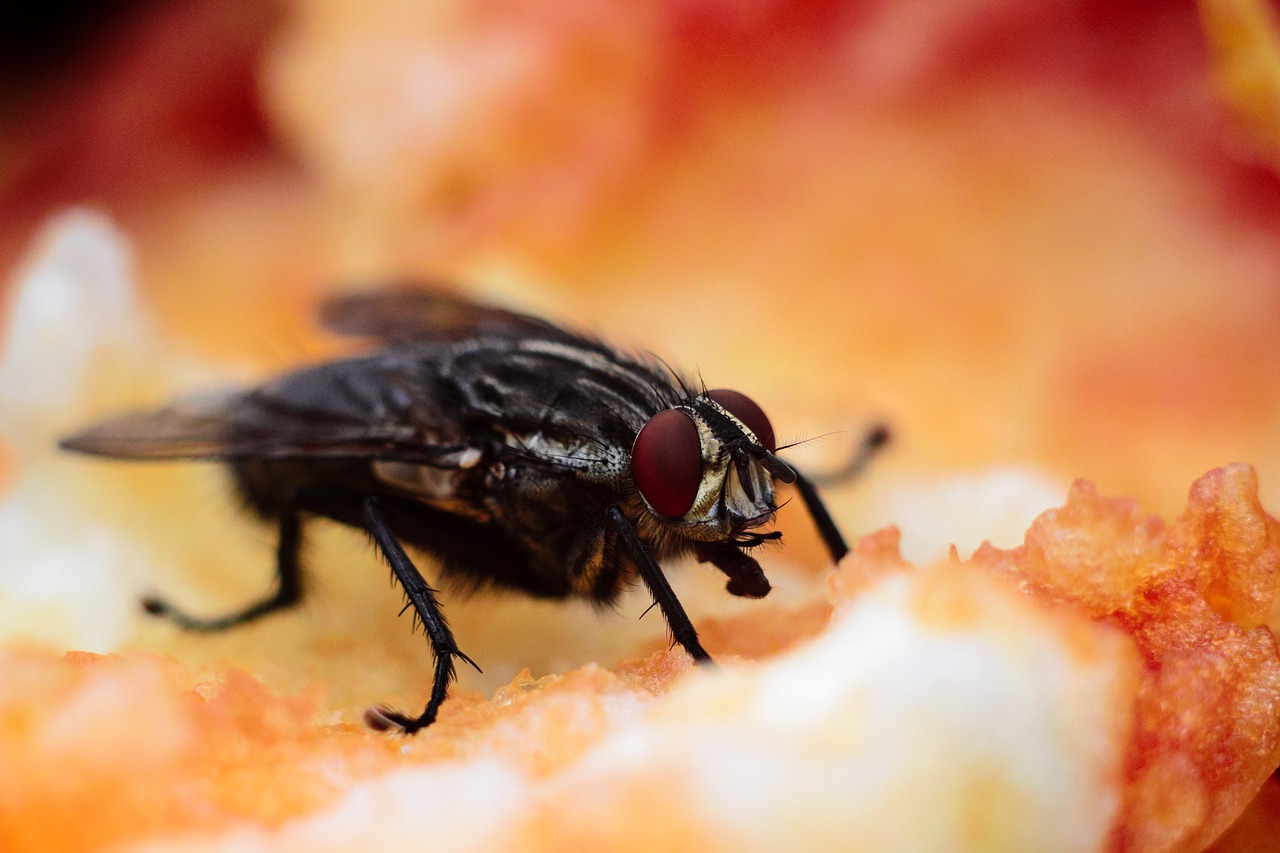
Fruit flies raised on a low protein diet early in life can live over twice as long as their peers, according to new research from the Francis Crick Institute published in Nature Communications. Read More
Daytime injuries heal twice as fast as wounds sustained at night
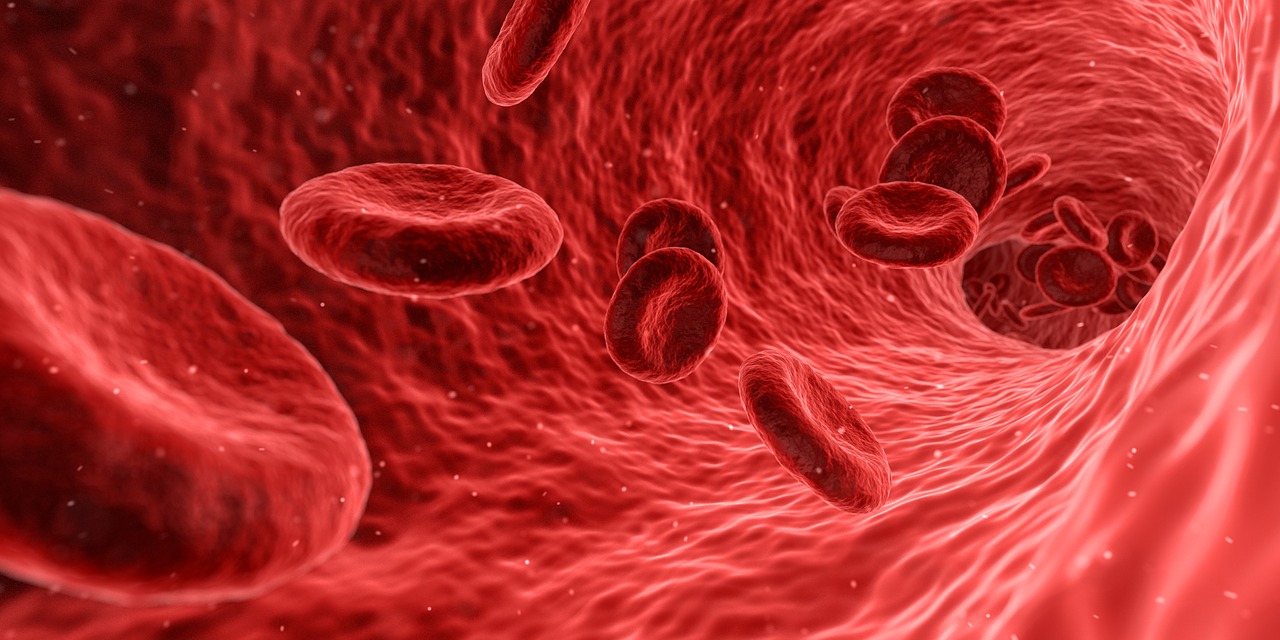
If you’re going to get injured, try to do it during the day. Wounds seem to heal twice as fast if sustained during daytime hours rather than at night. Read More
New twilight eye cell discovered in deep-sea fish
A new type of cell has been found in the eye of a deep-sea fish, and scientists say the discovery opens a new world of understanding vision in a variety of light conditions. Read More
Tracking collars uncover the secrets of baboons’ raiding tactics
![]()
Scientists from Swansea University are part of an international team who have revealed how canny baboons in Cape Town, South Africa, use a sit-and-wait tactic before raiding people’s homes in search of food. Read More
Scientists in California think they may have found a way to transplant insulin-producing cells into diabetic patients who lack those cells
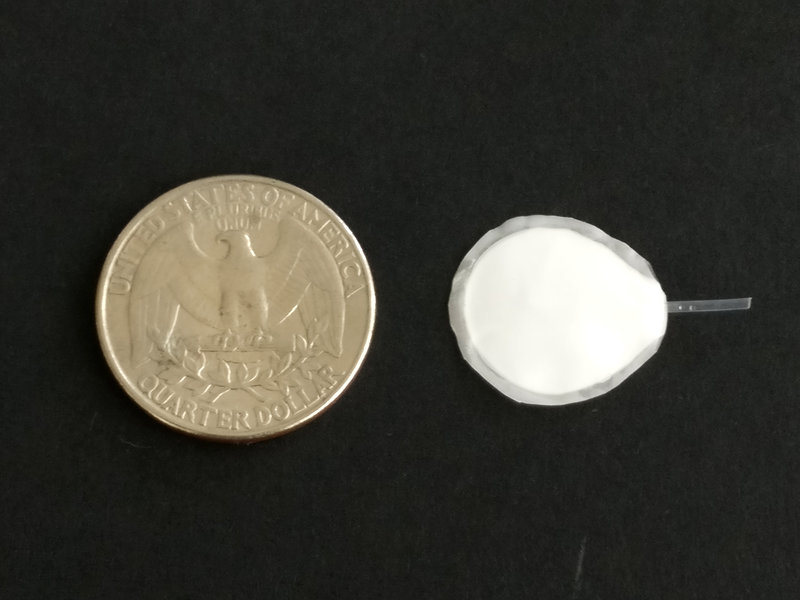
Scientists in California think they may have found a way to transplant insulin-producing cells into diabetic patients who lack those cells — and protect the little insulin-producers from immune rejection. Read More
Flu researchers discover new mechanism for battling influenza
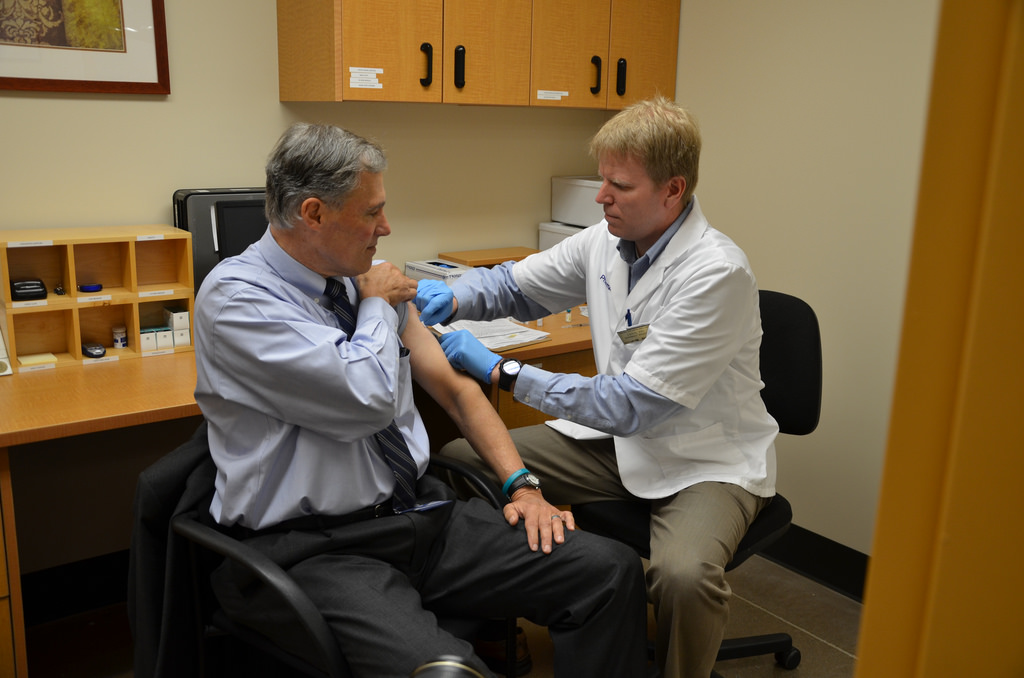
Just as flu season swings into full gear, researchers from the CU Boulder and the University of Texas at Austin have uncovered a previously unknown mechanism by which the human immune system tries to battle the influenza A virus. Read More
Student researchers aim lasers at bacteria in quest for better antibiotics
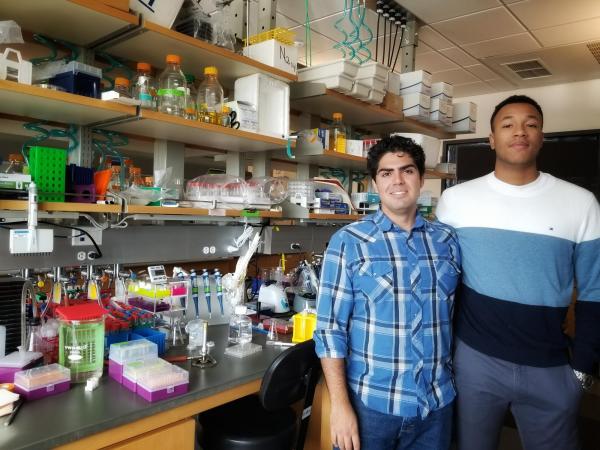
Bacteria that can feel their way to cells in order to latch on and cause disease. If that sounds like the plot of a horror movie, rest assured, these tiny one-cell organisms are not operating from conscious thought. Read More
Social media data could transform public health, new book says
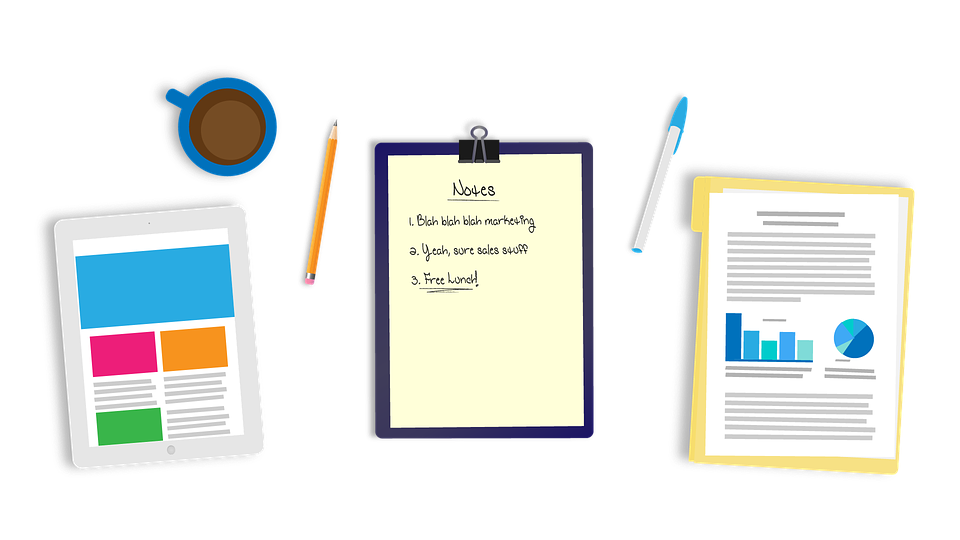
Search the hashtag “flu” on Twitter and you’ll find a free-flowing stream of comments from people across the country. In 140 characters or fewer, they offer threads of information about their symptoms, how long they’ve been sick, whether they received a flu shot and more. Read More
Dinosaur-Age Shark with 300 ‘Frilled’ Teeth Caught in Deep Sea
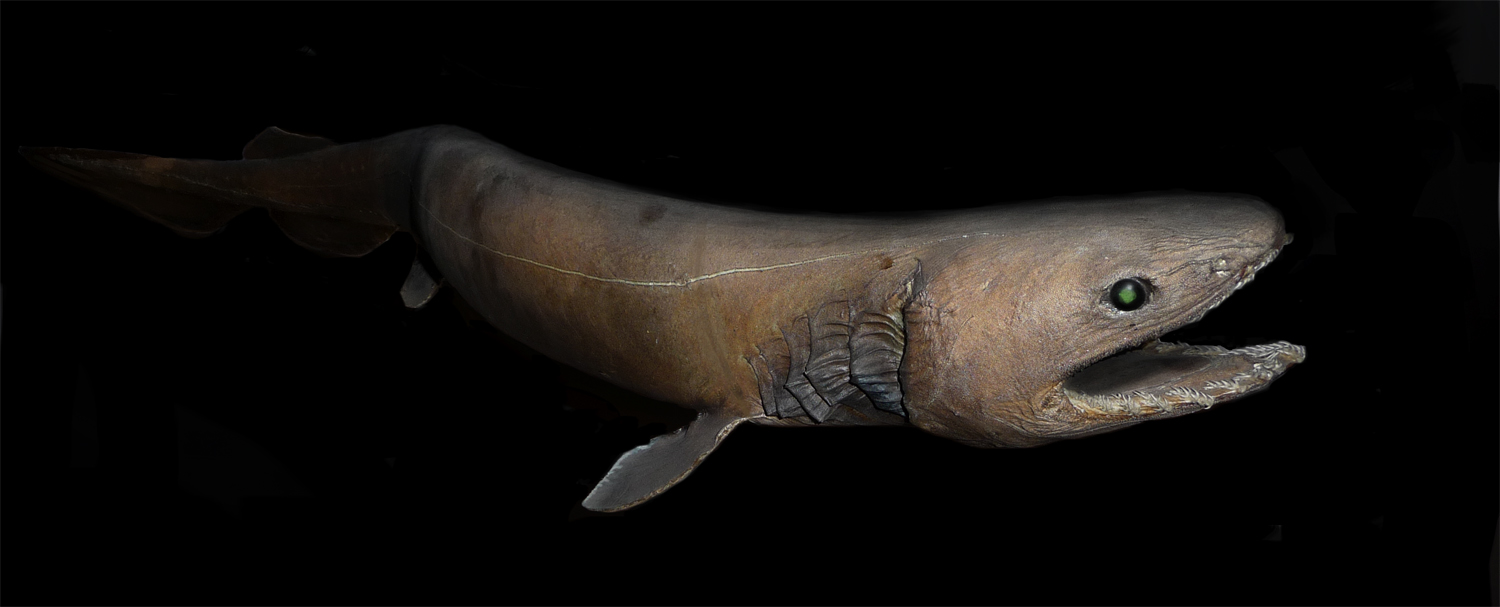
Forget about the minuscule odds of spotting Ahab’s white whale: Sightings of the frilled shark, a so-called “living fossil” that has elusively swum around Earth’s deep waters since the age of the dinosaurs, maybe been an even rarer find. Read More
For the latest Science and Tech news and conversations, follow Research Stash on Twitter, Facebook, and subscribe to our YouTube channel.

